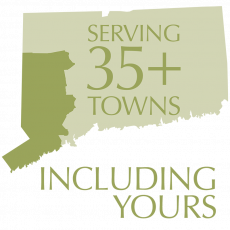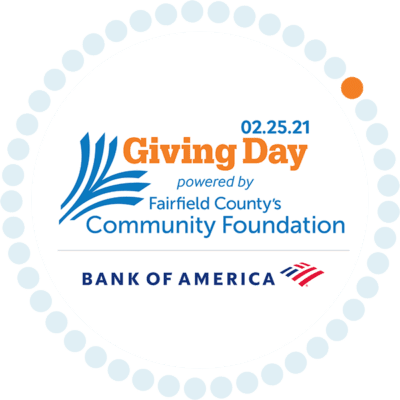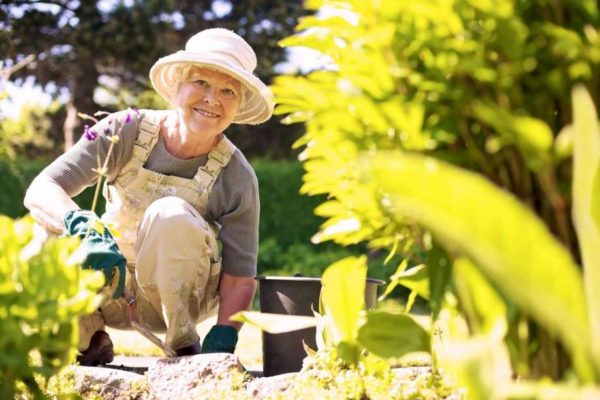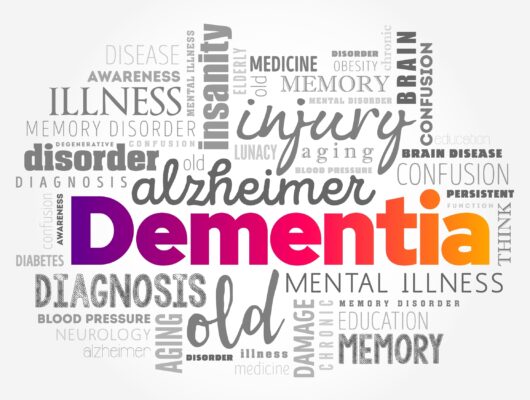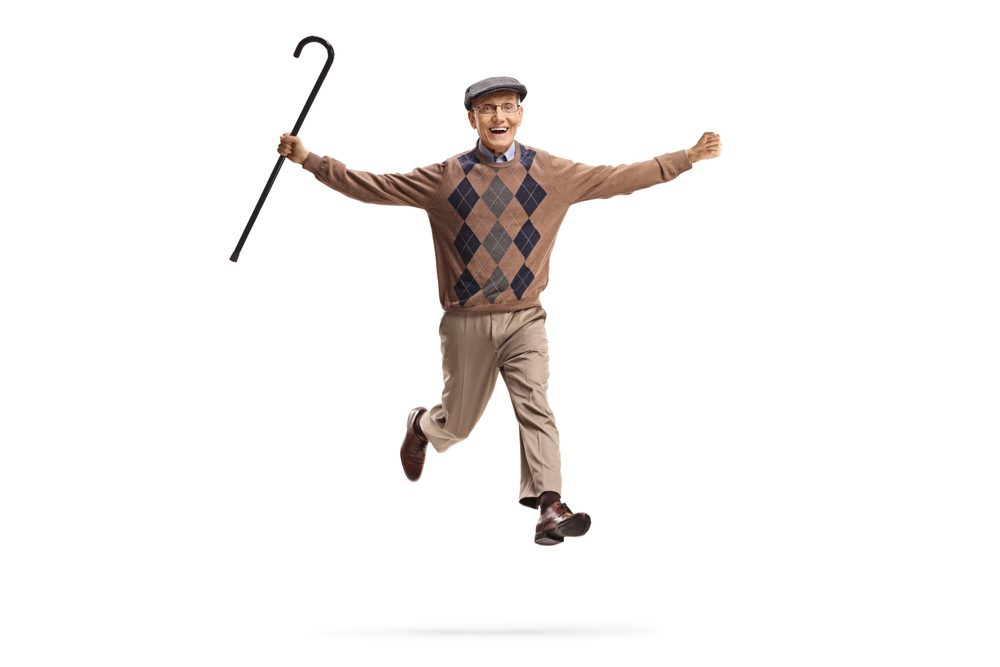

How the Fear of Falling Hurts
As the golden years unfold, older adults often face a silent adversary that can significantly impact their well-being — the fear of falling. This apprehension, though understandable, can have profound consequences on their physical and mental health. Research studies suggest that over a third of older adults report a fear of falling. Within this demographic, an estimated 25% to 50% admit to limiting their activities as a direct response to this fear. Consequently, such restrictions can result in diminished social interaction and physical deconditioning.
The fear of falling is not an irrational concern but rather a natural response to the increased vulnerability that often accompanies aging. As bodies undergo changes in muscle mass, bone density, and sensory perception, the risk of falls naturally rises. In an attempt to avoid potential harm, older adults may limit their activities, leading to a sedentary lifestyle that, paradoxically, exacerbates the very issues they seek to avoid.
Take Control
Falling is not an inevitability. There are strategies and resources available to reduce risk and increase safety. The most important thing is to be fall-risk aware and use action instead of avoidance. The following are some of our top recommendations:
- Know your fall risk. A good starting point is the CDC’s “STEADI” program. Their simple fall risk assessment brochure evaluates an individual’s risk for falling and encourages appropriate escalation.
- Stay up to date on your health and talk to your doctor about fall history and your risk factors. Be sure to review areas such as bone health, vision, foot health and proper shoe wear, any dizziness, and medications and potential side effects.
- Adherence to an exercise routine is a cornerstone to fall prevention. Exercise not only decreases the incidence of falls but also acts as a deterrent against fall-related injuries. Seniors identified as being at risk of falling should engage in exercise routines meticulously crafted by a health professional (like RVNAhealth’s Rehabilitation team!) to enhance or sustain their balance, strength, and endurance.
- Home safety is a priority. Home is where a large majority of falls can occur. Slippery bathroom surfaces, poorly lit rooms, clutter, loose rugs or wires on floors are some of the most common fall hazards. Modifications such as improving lighting, securing rugs, decluttering, installing bathroom grab bars, and placing frequently used items at easily reachable levels are all helpful strategies to reduce fall risk.
RVNAhealth Fall Prevention Resources
RVNAhealth offers a variety of expertise and services that can help address the fear of falling and give you the confidence to keep moving!
- Rehabilitation Therapies. The Rehabilitation team offers evaluations and physical and vestibular therapy techniques focused on improving balance and strength. Our trained therapists can provide individualized exercise recommendations aimed at reducing the risk of falls, and can also assess the home for safety. Services can be provided in-home upon doctor recommendation or outpatient at our Rehabilitation & Wellness Center in Ridgefield.
- Exercise. The Rehabilitation & Wellness Center also offers weekly drop-in Balance & Beyond and Strength & Beyond exercise classes aimed at improving strength and stability. In 2023 the RVNAhealth Parkinson’s Center was also introduced providing expertise in exercise and fall prevention specific to Parkinson’s disease patients.
- Personal Medical Alert equipment. RVNAhealth offers Lifeline Personal Medical Alert equipment and service subscriptions, including set up and maintenance, for in-home and/or on-the-go monitoring. Having this service can dramatically speed emergency support in the event of a fall.
- Private Caregiving Services. Available short or long-term, our StayingWELL hourly and live-in personal caregivers provide non-medical and household assistance to loved ones that need help to remain safe, independent, and confident in their place of residence.
- Nutrition. RVNAhealth’s Nutrition Services and Registered Dietitian offer one-on-one consultation and individualized nutrition strategies for patients concerned with osteoporosis and bone health, as well as for those dealing with illness or medications that might affect overall strength and stability.
- Education. RVNAhealth’s Wellness Academy is pleased to offer an ongoing calendar of educational events each month held at our offices or on the road throughout the many towns we serve. We regularly offer classes on fall prevention strategies, bone health, and nutrition education, as well as a popular class called “How to Fall.” We encourage you to check our calendar regularly for updated events!
For more information on any of the above resources, please contact us at 203.438.5555.

